Driving under the influence, or DUI, refers to when a person operates a motor vehicle while under the influence of a mind-altering substance. This substance can be anything known to impair a person’s motor skills.
Driving Under the Influence (DUI) laws are designed to regulate individuals who operate motor vehicles while impaired by alcohol or drugs. These laws are like the guardians of safe roads, keeping an eye on folks who drive under the influence of alcohol or drugs.
Typically, the legal limit for blood alcohol concentration (BAC) is set at 0.08%, but the percentage may vary depending on the state or country you are in. Regardless, DUI offenses can result in penalties such as fines, license suspension, etc.
People often wonder if these rules apply to every individual's use. To answer this, we must understand the notable difference between “vehicle” and “motorized vehicles.” As mentioned earlier, the rules may vary depending on your state. For example, in Colorado, It’s illegal for any person to drive a “vehicle” while under the influence (DUI) or while impaired (DWAI) by the consumption of alcohol or drugs.
You can take vehicles as an umbrella with motorized and non-motorized vehicles falling under it.
Anything capable of moving by itself and that does not require a person to move it manually is subject to DUI laws. On the other hand, non-motorized vehicles can generally include modes of transport that require human interference(like a horse cart, etc).
So, the distinction between a general "vehicle" and a "motor vehicle" becomes significant, ensuring practical considerations play a role in legal consequences. The comprehensive enforcement of DUI laws keeps the coherence of our roads in check. Such measures also urge individuals to practice sober driving. Fines, license suspension, and other penalties are enforced for DUI offenses. All these efforts create a collective commitment to public safety.
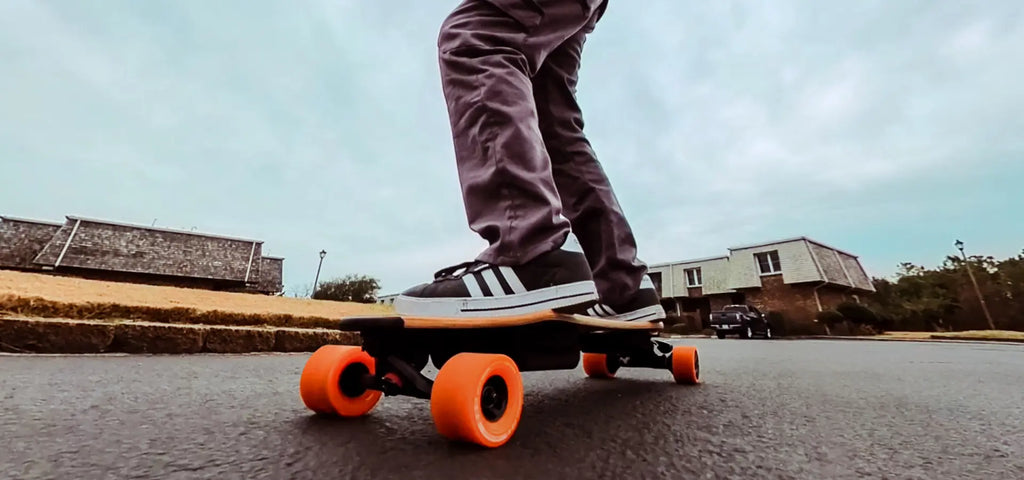
DUI and its Legal Implications
When individuals are convicted of driving under the influence (DUI) or driving while intoxicated (DWI), the legal repercussions can vary significantly from one state to another. Primary consequences of a DUI offense include
Fines and Costs
Failure to comply with DUI can lead to fines and monetary compensation. Individuals may be asked to install an Ignition Interlock device in their car's dashboard. The device prevents the driver from using a car if he drinks.
Driving Privilege Revoked
Failure to abide by DUI laws can lead to license suspension. The severity of the punishment may vary depending on where you live. On some occasions, you may be allowed to drive as long as you follow DUI protocol (Breath analyzer, etc). In contrast, repeated felonies and the severity of the current offense can also lead to permanent license revon.
Scrutiny of Insurance Claims
Car companies impose scrutiny on clients with DUI records. A DUI charge can result in the cancellation of your car insurance. Additionally, a DUI conviction can lead to a significant increase in insurance rates. While some companies outright refuse to provide their services to individuals with DUI.
Conviction and Consequences
DUI has varying ramifications depending on the country in which you live. Without established regulations, a charged individual may spend a few days in jail. Whatever the case, DUI charges show up on your records. Those who want to verify your identity can access these records. This can threaten your professional life.
Read the article below to learn how DUI laws translate into the world of Skateboarding.
What the Law says about Skateboarding
Skateboarding has been around for quite a long time as a mode of self-expression and recreational activity among people of different ages and genders. We often see people riding their longboards to get about, including along streets and rushy traffic areas. Questions about skateboarding involve being subjected to laws and regulations, including DUI regulations.
Although there are no set laws as of now that are specific to skateboarding, as far as DUI is concerned, an important thing to keep in mind is that whoever violates any traffic regulations or fails to maintain decency outdoors is subjected to being charged and even be presented in front of the court.
As mentioned in the article, any violation a skateboarder commits may be handled differently in different States. For example, a skateboarder falls under California's “pedestrian” category. So, if a person is caught riding a skateboard while drunk, he is not charged with a DUI. However, he may be brought to court for public intoxication and failure to maintain decency.
Similarly, in Washington, you must be riding a “motor vehicle " to be charged with a DUI. Thus, you guessed it- a rider cannot be charged with a DUI while riding a board. The police may, however, take you into custody for interference with the traffic if you are drunk, riding out in the traffic, or on charges of public intoxication.
Now, let us discuss the grey areas of the legal system regarding skateboarding and DUI charges.
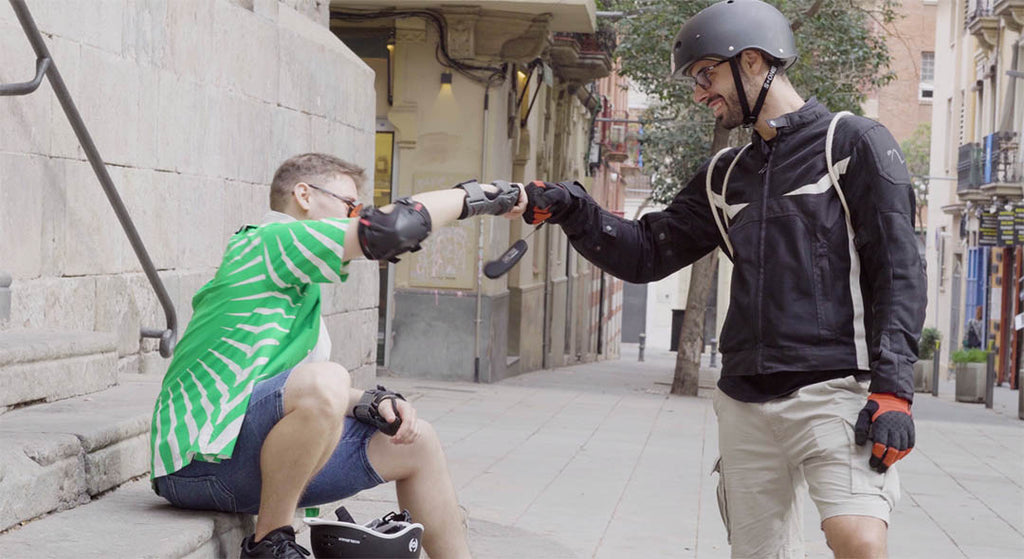
Grey Area in the Legal Realm
As we have already established in this article, DUI regulations may vary depending on your area. Law enforcement agencies use general principles or existing DUI statutes without set rules and regulations. This approach leaves many loops and grey areas in the legal scenario.
With the advent of electric skateboard, people are commuting on e-skates in busy areas and using them to travel long distances. Eyebrows are raised at whether the loophole in the legal system should continue to include skateboards in the “Pedestrian” category. Eskateboard are motor-powered (motorized skateboard )and are capable of going at a relatively decent pace.
However, no esk8 rider must possess a “license” before getting on the road. That means that any rule violation, including DUI charges, can only be pressed if the police are aware of the violation being committed. In the absence of set laws, even if a person is caught and presented in court, the court will decide the extent of the punishment, or the person may even walk away after paying a nominal fine with no further repercussions.
On the brink of this uncertainty, Here are some common considerations that law enforcement may take into account:
- Public safety is a significant factor. If someone rides a skateboard under the influence and poses a risk, law enforcement might step in even if the laws don't explicitly mention skateboards. A rider should follow the local laws of his area carefully to ensure safety and be respectful of his surroundings.
- It's important to understand that skateboarding can be fun and safe, but it requires proper caution and respect for the law and others. Reckless skateboarders may be charged with reckless endangerment, especially if they put others at risk.
- A law enforcement officer's approach to these situations can be influenced by past legal cases and how local courts interpret the law. Even though there is no specific skateboard DUI law, other charges or interpretations might exist.
- In case of a skateboard-related incident, it may be beneficial to consult a legal professional or check local laws to determine what is legal in your area.
Preventive Measures and Safety Tips
Now that we have the loopholes in the legal system, how can they be improved? Let's discuss how to skate responsibly while remaining aware and respectful of your surroundings.
Know the Skate Rules
By knowing the Law, skaters can coexist with pedestrians and other road users while staying on the right side of the Law. Understanding local skateboarding regulations and rules is pivotal for responsible skating. Each area may have specific guidelines on where skating is permitted and prohibited. All the riders must abide by these rules.
Wear Protective Gear
If you must go into a rushy area and finish your work, no problem! Be sure to wear helmets and elbow and knee pads. You should be aware of your local regulations to ensure your safety and the safety of others. Some states require the wearing of helmets; check your local laws.
Understand Alcohol and Substance Laws
When navigating public spaces, a clear mind and sound decision-making are essential. Responsible skating involves abstaining from alcohol or substance use while on a skateboard. Just as with driving, impaired judgment and coordination significantly heighten accident risk.
Avoid Reckless Riding
Practicing safety should be a rider's top priority. Reckless riding not only puts the skateboarder's life at risk but also that of pedestrians and other road users. Skateboards must be managed at a controlled speed to avoid collisions or accidents.
Stay Informed
Last but not least, keeping up with regulatory updates keeps you safe and out of trouble with the Law. Rules and regulations are constantly evolving. Hence, staying well-informed of the alterations in rules is necessary for compliance.
Conclusion
In conclusion, the rider is responsible for maintaining public decency and respecting their surroundings. No matter where you live or whether there are regulations on skateboarding, the eskate riders should stay attuned to the laws that affect public safety and regulate traffic. By doing so, they can break the stigma of rebellion attached to the sport.

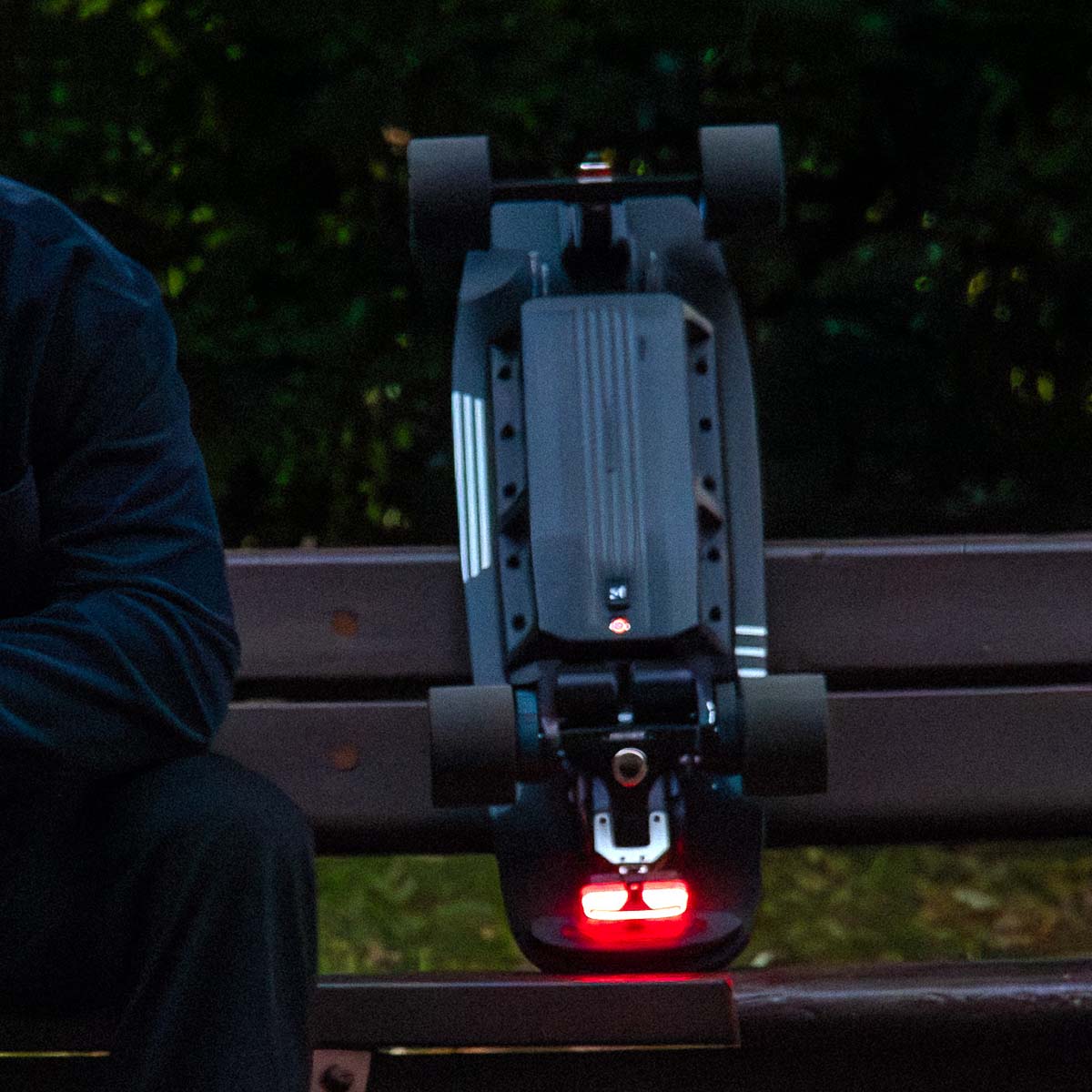

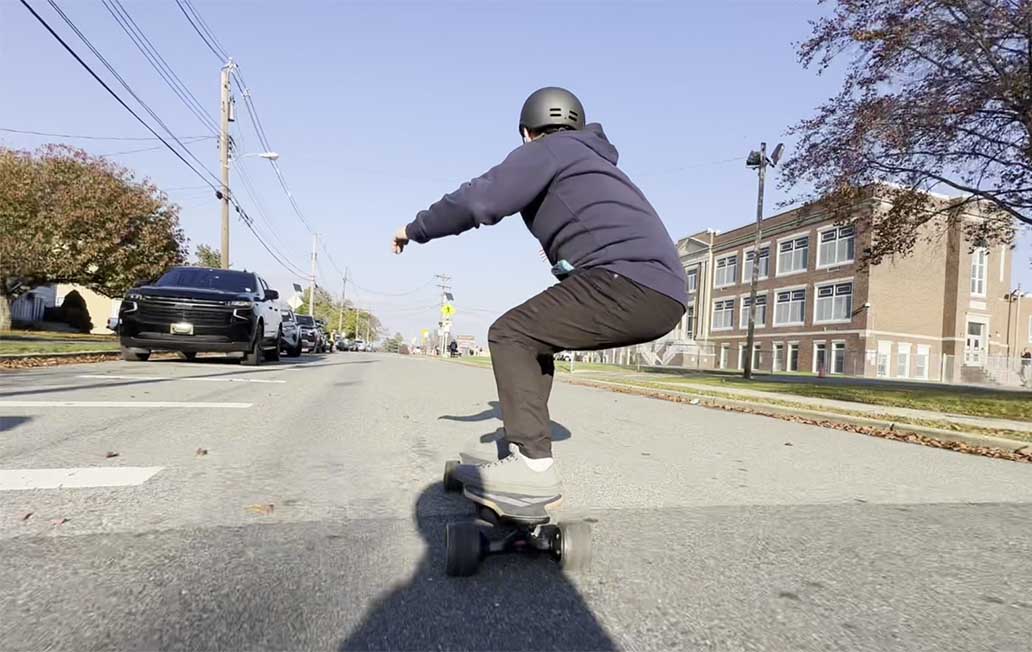
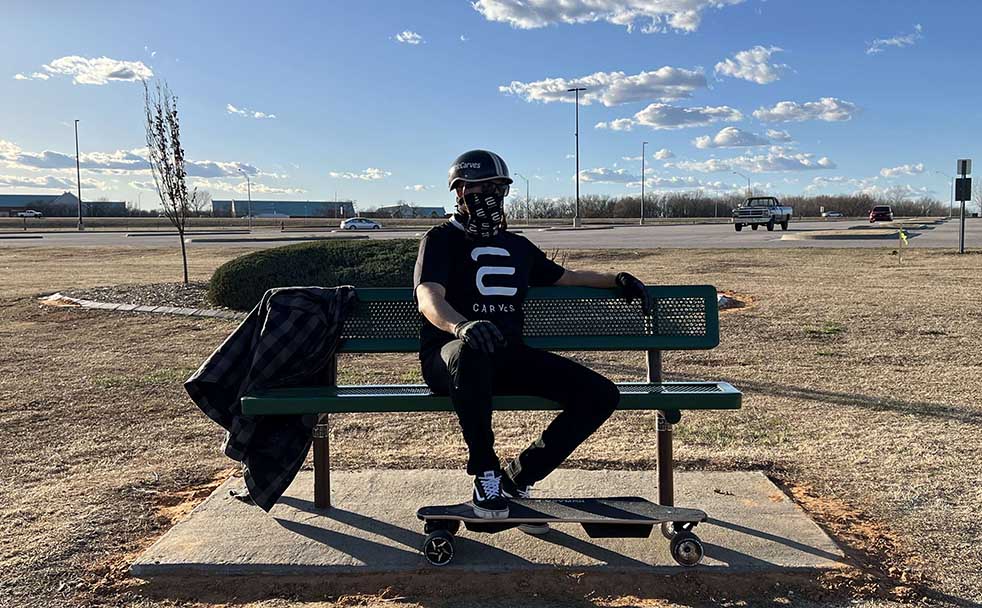
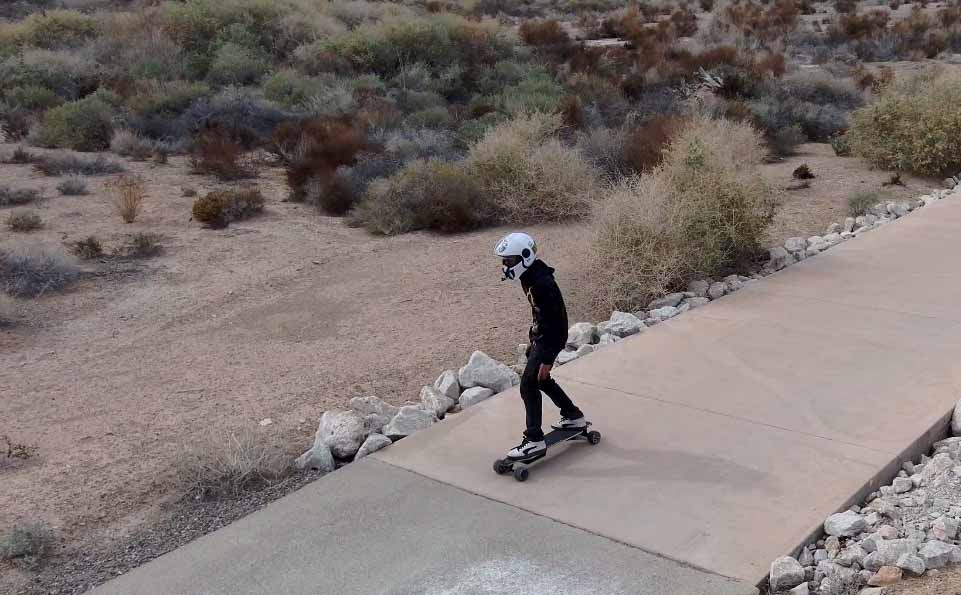
Leave a comment
This site is protected by hCaptcha and the hCaptcha Privacy Policy and Terms of Service apply.